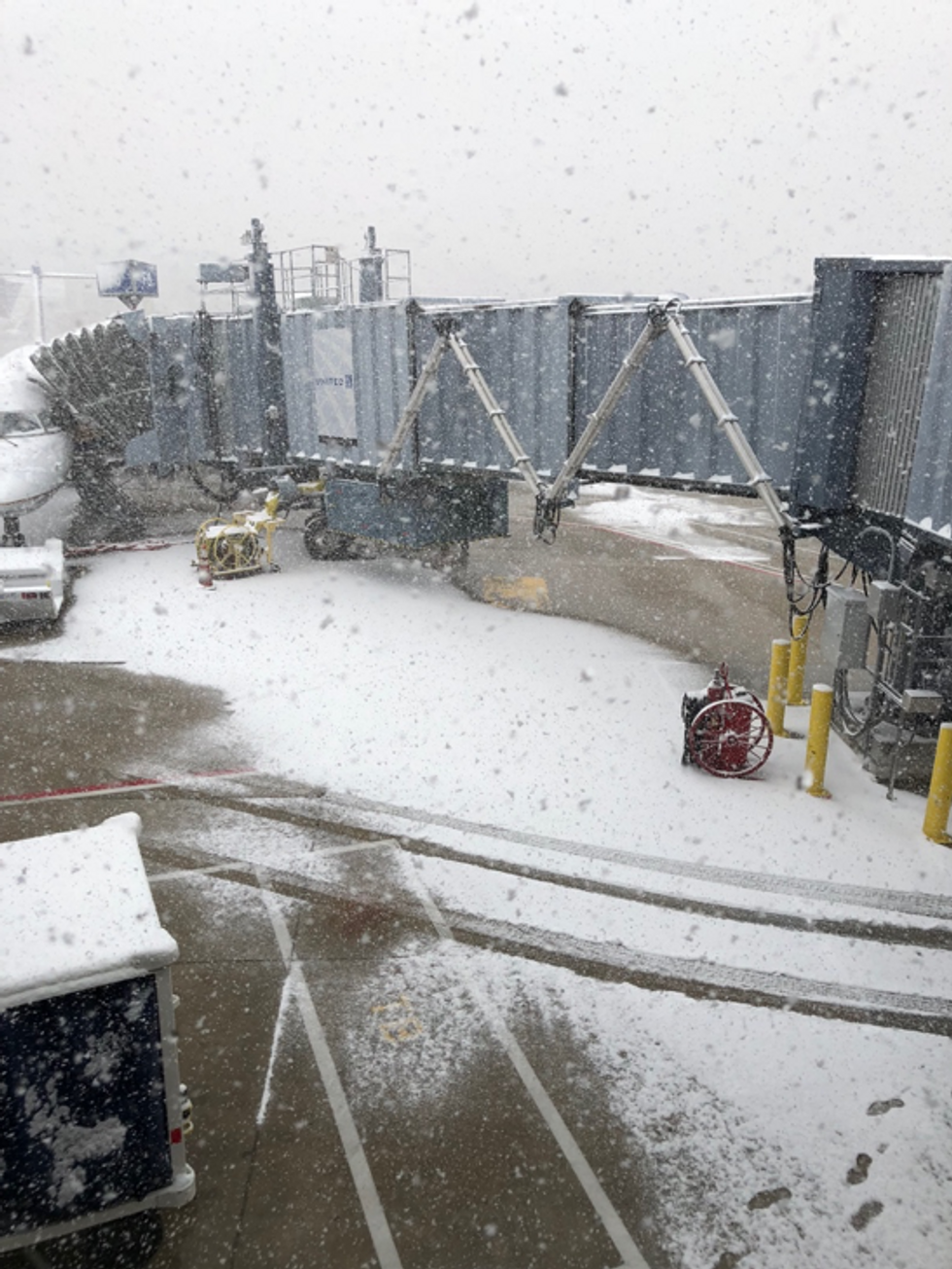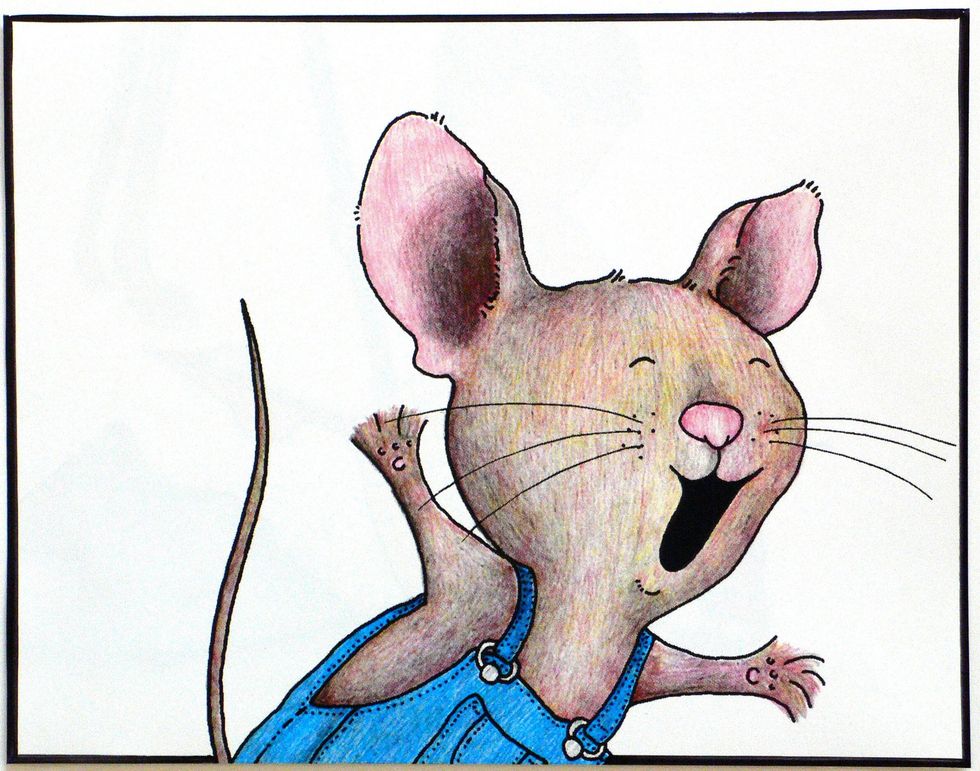After a devastating winter last year, climate change is heavy on people's minds.
At the start of 2019, a wave of Arctic winds known as a polar vortex caused record-low temperatures in the American Midwest.
According to AccuWeather, a polar vortex is a large pocket of cold air, some of the coldest air in the Northern Hemisphere, that rests over polar regions during winter.
Polar vortexes occur in the United States when the air is pushed farther south.
According to Jennifer Francis in a report from NewScientisst.com, this cold air is being pushed to the US because of rising temperatures in the Arctic, which is weakening the jet stream that holds this air back.
NASA reports that the global temperature has risen two degrees F since 1880.
Chicago, for example, saw a record low of -55 degrees F in January, when this extreme weather event o0ccured.
The average low temperature of a January in Chicago is 17 degrees F, this is a 72-degree difference.
Ashli Digiambattista, a 23-year-old student, said that she was surprised when she heard about this year's polar vortex in the news and had no idea that the U.S. could even experience temperatures that low.
According to BBC News, as of Feb 1, 2019, 21 people in the American Midwest died as a result of the extremity of the polar vortex.
Homeless people were the most at risk despite many shelters being open in cities.
During this time, more than 30 record low temperatures were recorded.
"Forecasters called it a replay of the "polar vortex" that bludgeoned the U.S. in 2014 - and maybe even colder, with wind chills by midweek as much as 45 below in Chicago," a Fox 32 Chicago article said.
Ten months after the most recent polar vortex, people are worried about what is to come this winter.
Hundreds of heat records were broken this past summer, leading people to believe that the polar vortex will hit the Midwest again this coming winter.
More than 30 records were broken in the US this summer and July 2019 was the warmest month recorded worldwide, according to BBC news.
Aliana Jenkins, an Arizona native, expressed how hot this summer was, but she didn't know that temperatures were at record highs globally.
"I feel like a lot of people aren't going to care as much because they're going to look and say 'oh only two degrees? That's nothing,' and they don't really realize how much of an effect that has," Jenkins said.
Global warming is caused by the burning of fossil fuels, which releases carbon dioxide into the air.
Carbon dioxide and other pollutants collect in the atmosphere and trap heat, causing temperatures to rise.
According to the Natural Resources Defense Council, in the US the burning of fossil fuels to generate electricity is the largest source of heat-trapping and produces 2 billion tons each year.
Curtis Matsuura, an environmental science student, said, "Climate change is, at this point, more of a moral obligation to care rather than anything else. The people who create the most amount of carbon pollution are the ones that are getting affected the least, and these high polluters are people who are rich. Climate change is going to affect those of lower incomes more and that's why it's important to stress that's why its equity when talking about climate negotiations."
According to a 2019 report from the US Environmental Protection Agency, Greenhouse gas emissions have fallen 13% since 2005 and are falling on a yearly basis.
However, the EPA says this does not reverse the damage caused by emissions from years prior.





 Photo by
Photo by  Photo by
Photo by  Photo by
Photo by  Photo by
Photo by 









